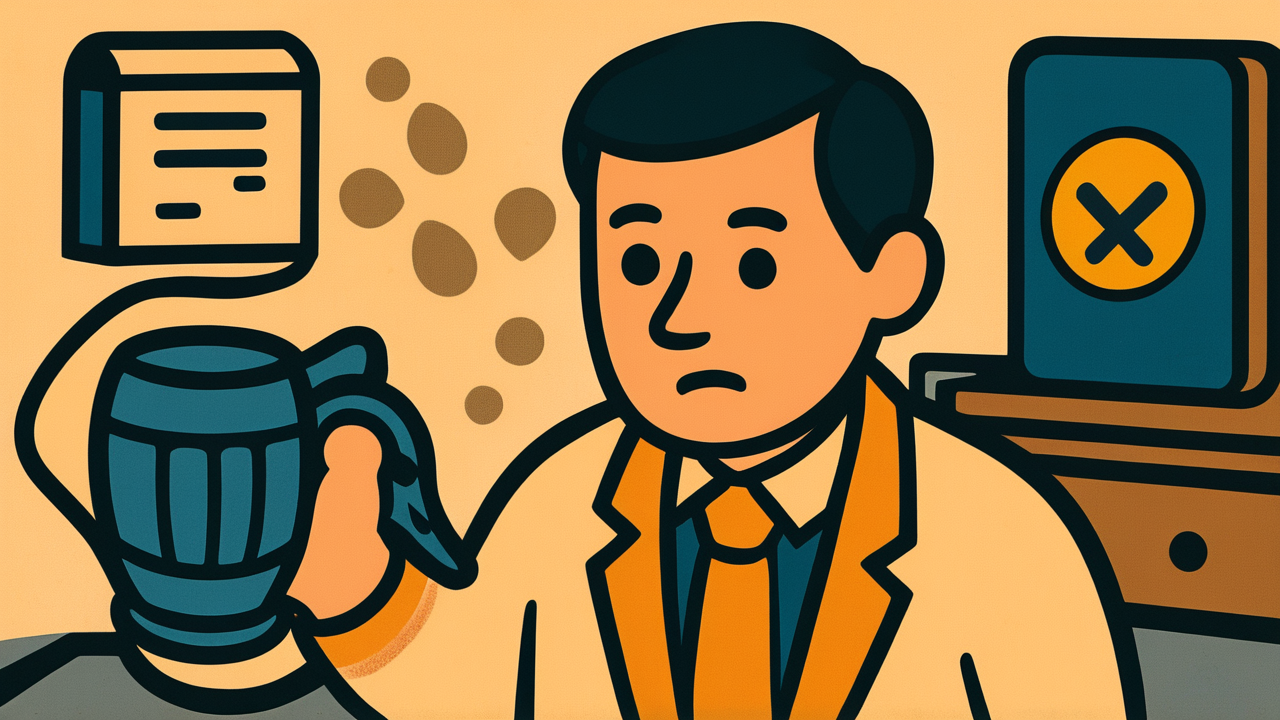How to Read “好いた事はせぬが損”
Suita koto wa senu ga son
Meaning of “好いた事はせぬが損”
This proverb means “If you don’t do what is right or good, you will ultimately end up at a loss.”
The “liked thing” here does not refer to “things you like” in modern language, but rather to “good things,” “right things,” and “things that are reasonable.” In other words, it’s a lesson that if you neglect to do the right actions you should take, or avoid them because they’re troublesome, you will ultimately face disadvantages.
This expression is used as a warning to people who prioritize immediate comfort or profit and neglect the right actions they should originally take. For example, it would be used in situations where someone finds kindness to others troublesome, doesn’t keep promises, or neglects sincere responses.
Even today, it’s not uncommon to see situations where stores that don’t conduct honest business ultimately lose customers, or people who lack sincerity in human relationships become isolated. This proverb can be said to be a remarkably accurate life guideline that succinctly expresses the “cost of not walking the righteous path.”
Origin and Etymology
Regarding the origin of “Liked thing does not do but loss,” while clear documentary evidence is not certain, it is believed to have spread as a practical lesson born among common people during the Edo period.
The interesting point of this expression lies in the use of the archaic term “liked thing.” While it tends to be interpreted as “things you like” in modern times, “liked thing” in the Edo period was used to mean “good things,” “appropriate things,” and “things that are reasonable.” In other words, it referred to objectively correct actions, not personal preferences.
In the merchant society of the Edo period, it was important to build long-term trust relationships without being caught up in immediate profits. Against this background, it likely became established as a phrase warning against the foolishness of neglecting “right actions that may seem troublesome at first glance.”
The word “loss” also presumably represented not just financial loss, but loss in a deeper sense of losing one’s dignity and credibility as a person. This proverb was an expression that conveyed the danger of deviating from the righteous path in pursuit of short-term comfort as common people’s wisdom.
Usage Examples
- That person doesn’t even greet people properly, so “Liked thing does not do but loss” – no one pays attention to them anymore
- It was troublesome to report honestly, but since “Liked thing does not do but loss,” I should speak up properly
Modern Interpretation
In modern society, this proverb takes on new importance. This is because in the information age, the risk of a single dishonest act being instantly disseminated and leading to long-term loss of credibility has dramatically increased.
With the spread of social media and online reviews, the reputation of companies and individuals has become more transparent than ever before. Actions such as “responding carelessly because it’s troublesome” or “skipping proper procedures” are quickly exposed and remain as permanent records in digital form. This means that the “loss of credibility” that Edo period merchants feared has become a reality in a more serious form in modern times.
On the other hand, modern times tend to emphasize “efficiency” and “rationality,” and “right actions that take time” tend to be undervalued. However, with the development of technology, the value of “right actions” from a long-term perspective has become more clearly quantifiable. Customer satisfaction, employee engagement, ESG investment, and other sincere behaviors have become measurable as concrete benefits.
The teaching of this proverb aligns with modern trends emphasizing business ethics and compliance, and may have more urgent meaning than in older times.
When AI Hears This
Opportunity cost refers to “the maximum benefit that could have been obtained from the choice you gave up when you selected something.” For example, if you choose to study instead of working a part-time job, the 1,000 yen per hour you could have earned becomes the opportunity cost.
“Not doing what you love is a loss” expresses this concept of opportunity cost with surprising accuracy. It’s the insight that when you suppress what you want to do and make a different choice, you’re actually incurring a large, invisible loss.
Modern behavioral economics research shows that people carry “regret over things they didn’t do” for longer periods than “regret over things they did do.” According to a Harvard University survey, 76% of people over 75 answered that they most regretted “things they didn’t try.”
In other words, choosing to give up what you love doesn’t just mean losing enjoyment—it means abandoning countless incalculable values like future satisfaction, growth opportunities, and network building.
People in the Edo period intuitively understood the true “cost” in life, even without knowing economic terminology. We can only marvel at the wisdom of our predecessors, who accurately expressed in just ten characters a concept that modern people represent with complex formulas. Perhaps investing in what you love is the most reliable investment that generates returns.
Lessons for Today
What this proverb teaches us today is the concept of “investment in righteousness.” Right actions may sometimes seem troublesome and may not seem immediately rewarding. However, they are the most reliable investment in your future self.
In modern society, short-term results and efficiency tend to be emphasized, but what’s truly important is long-term trust relationships. The sincerity you show today becomes the foundation that supports tomorrow’s you. Not missing greetings, keeping promises, considering others’ positions. Continuing to do these ordinary things in an ordinary way may actually be the wisest way to live.
When you feel “this is troublesome,” remember this proverb. That one step will become the seed that enriches your life. Having the courage to choose what’s right, you will surely become someone loved and trusted by many people. And above all, you should be able to feel truly proud of yourself reflected in the mirror.



Comments